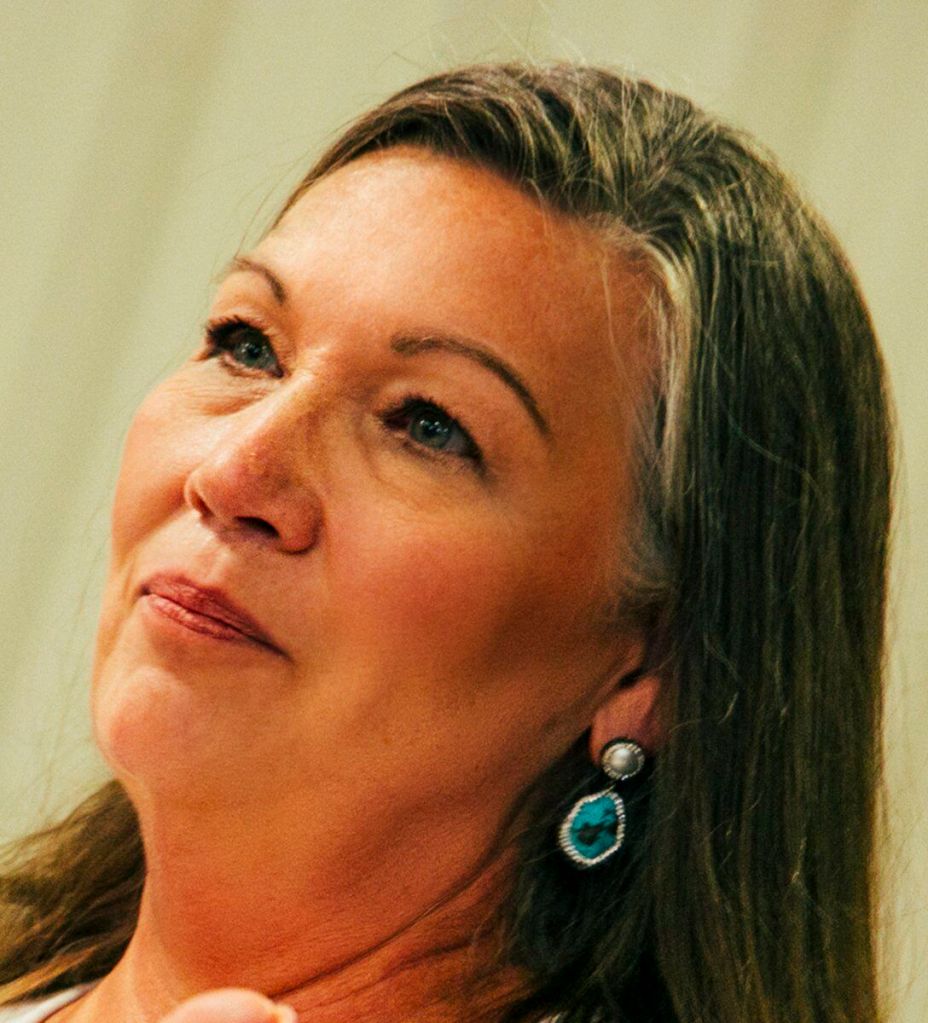DOTSON: One tribe can’t represent all tribes
Published 7:42 am Wednesday, December 28, 2022

- Deborah Dotson
The Delaware Nation is a federally recognized Indian tribe and a successor to the historical Delaware Nation. We, not the Cherokee Nation, signed the first treaty between the U.S. and an Indian tribe, the Treaty of Fort Pitt on September 17, 1778.
In the treaty, the United States recognizes Delaware Nation’s sovereignty and promised a delegate to Congress. We would like to exercise that treaty right. In autumn 1778, the U.S. dispatched a treaty commission to negotiate the first treaty with leaders of Delaware Nation. The newly independent U.S. desperately needed Indian allies to help fight British troops and to safely move through Delaware Nation territory. At the time, the British controlled several key ports and forts around Delaware Nation territory. In addition to safe passage, the Delaware Nation gave the continental army corn, meat, horses, and warriors to assist it in its struggle for independence.
The treaty documents this history and confirms the Delaware Nation was a vital power and ally to the U.S.. Without our assistance, the war effort may have faltered, dramatically altering the course of history for the U.S. Yet today, Congress is planning to seat a delegate from another tribe, the Cherokee Nation of Oklahoma. That tribe relies on a treaty promise from 1835, more than five decades after the U.S. promised the Delaware Nation a congressional delegate. Delaware Nation does not support seating the Cherokee Nation’s delegate, unless Congress seats our Delaware delegate first.
A recent House Rules Committee informational hearing held on the on seating the Cherokee Nation delegate failed to reach out to the Delaware Nation and denied our request to testify. The hearing resulted in numerous media stories about the Cherokee Nation delegate. Virtually all the stories have ignored the fact that the Delaware Nation has a much older and stronger treaty promise of a congressional delegate.
These media stories have skewed the narrative and promoted the mistaken idea that a Cherokee Nation delegate can somehow represent the interests of all Indian tribes. Today, there are 574 federally recognized Indian tribes. The idea that another tribal delegate can represent Delaware Nation falsely assumes all tribes are the same. We are not. Delaware Nation does not want a delegate from another tribe making decisions about us. Tribes across the country feel the same.
The Cherokee Nation’s alleged right to a delegate has been described as “unique,” but nothing could be further from the truth. The Cherokee treaties apply to all three successor Cherokee tribes: the Cherokee Nation of Oklahoma, the Eastern Band of Cherokee Indians, and the United Keetoowah Band of Cherokee Indians in Oklahoma.
Other tribes, including ours, have congressional delegate treaty promises that are almost identical to the one relied on by the Cherokee Nation. To seat Cherokee Nation’s delegate before seating the other Cherokee tribes’ delegates violated treaty promises made to all Cherokee people. Further, seating the Cherokee Nation delegate before our Delaware delegate would violate the promise made to us in the Treaty of Fort Pitt, 57 years before the treaty the Cherokee Nation relies on.
Congress should seat our Delaware delegate before any Cherokee delegate is seated. If the U.S. Congress wants to stand up for treaties, the first one would be a good place to start.
Deborah Dotson, who lives in Norman, Okla., has been elected twice as president of Delaware Nation, which is located in Anadarko.




